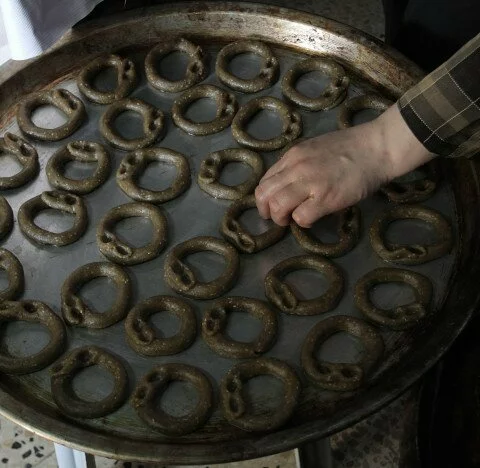Tips for a Healthy Diet in Ramadhan
Ramadhan is the ninth month of Islamic calendar and fasting in this month is obligatory for all Muslims.
The Holy Quran says: ”O you who believe! Fasting has been prescribed upon you as it was prescribed on those before you so that you may learn self-restraint“.

This verse of the Holy Quran tells us the central purpose of fasting to, that is, to learn self-restraint. However, this is not the only advantage one gets from fasting. Many physicians see Ramadhan as a golden opportunity for achieving a healthy lifestyle. Fasting not only helps reduce blood sugar and cholesterol level but it also helps in weight loss. This short article will give you some tips for a healthy diet in Ramadhan.
- Ramadhan fast starts with Sehri, an early morning breakfast, before dawn. Sehri is an essential part of the ramdhan fast as eating or drinking is strictly forbidden after it, till dusk. Seeing this fact, most Muslims go for an abundant intake of both water and food, often eating more than what they would normally eat. This is a bad practice since this deprives them from the advantages of fasting. To attain the maximum benefits of fasting, Muslims should take a balanced Sehri, possibly with bread and eggs. They can take it with any other conventional food items too. However they must not over eat. As far as drinking water is concerned, the amount of water intake varies from one individual to other since the rate of perspiration, climatic conditions, and the nature of job is different for different individuals. Nevertheless, one must remember that water should only be drunk before taking Sehri meal. If a large amount of water gets mixed with the meal, gastric problems may result.
- Secondly, many Muslims either do not work in fasting or they do not work with the same zeal or to the same extent. This deprives them of the major benefits of fasting. Fasting does not stop one from working, in fact, it just stops us from taking meals. If an individual does not work he virtually wastes his fast because he achieves nothing, neither spiritually nor materially. Fasting was made an obligation so that one can realize how our underprivileged class feels when it is deprived of food, and yet has to carry out its work. In a fast Muslims are helpless, they cannot eat anything, and this helplessness is a symbol of their humility towards their Lord. Employing artificial ways to overcome hunger and thrust kills the spiritual benefit of a fast. It also restrains one from achieving materialistic benefits since sitting like an idol does not helps in reducing cholesterol level or weight.
- Lastly, the Aftaar part arrives. This is where most of us make mistakes. Aftaar, traditionally, has been filled with items containing large amounts of fats or cholesterol. According to the teachings of Islam a fast should be concluded by drinking water. However, nowadays most families prefer cold drinks. A sudden large intake of these drinks and food items puts a great pressure on our stomach often causing gastric issues. Taking an Aftaar – after a calories-rich sehri – with meals having high levels of cholesterol, sugar content and fats only exacerbates our condition.
In a nut shell, our Seher and Aftaar should comprise of balanced diets. We should neither give up eating nor over eat during Seher or Aftaar.

